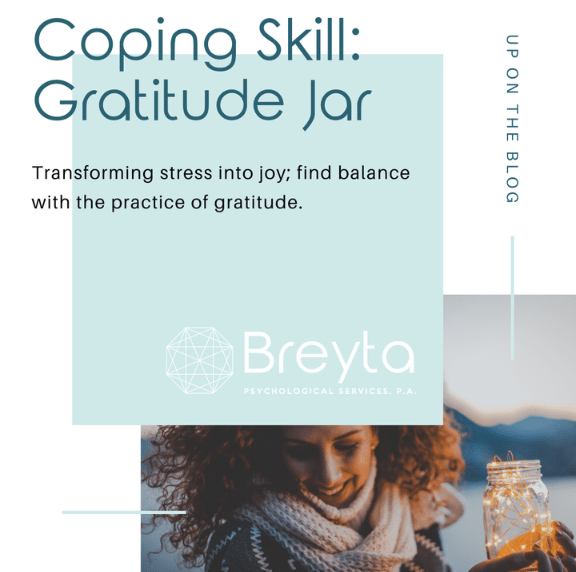This month’s employee spotlight is on Cierra Barker, Ph.D. Dr. Barker answered a few questions designed to give you a window into her therapeutic process, learn how she thinks about therapy, and help you learn a bit more about her.

Dr. Barker is a clinical psychologist specializing in individual therapy to address PTSD and trauma-related disorders. Additionally, Dr. Barker’s areas of clinical expertise include anxiety, depression, LGBTQ+, adjustment disorders/life transitions, burnout/chronic stress, women’s issues, insomnia and sleep problems, and chronic pain/medically-related psychological difficulties.
What do you view as a key component of the therapeutic alliance/relationship?

I perceive both trust and connection between clinician and client vital elements to the therapeutic process. During the first few sessions after completing the intake, I really enjoy getting to know clients on a deeper level. I am interested in them as a human being (what do they like to do for fun? What is their favorite self-care activity) rather than solely focusing on symptom presentation and treatment modalities, which can be intimidating for some clients as they are just getting to know me as well.
I truly value the relationships I build with clients, where I can show over time that I genuinely care about them as individuals both in the therapeutic setting and in a personal sense. I try to always make it a point to thank clients for sharing their innermost thoughts, emotions, and experiences with me as I know it is not a simple task and I appreciate their willingness to be open with me and to trust me with aspects of themselves that they may have never shared with anyone else.
How does your personality influence your approach to therapy?

Friends, family members, and colleagues have most consistently described me as “bubbly and down to earth.” I aim to approach every session as a place to provide safety/comfort, understanding, and support. Even though therapy in general can be a very vulnerable and emotional process, I want my clients to feel as though in some moments they are simply catching up with an old friend for coffee. I believe this approach, which is very reflective of my personality both personally and professionally, helps navigating through the difficult individual work and growth that therapy entails much more palatable.
What’s the most profound, insightful, or interesting thing you’ve learned as a mental health professional?

There is no comparative trauma. Trauma comes in many forms and its impact can be life-changing no matter the duration, frequency, or severity of the experience(s). Clients who have been impacted by traumatic events are often the strongest and most resilient people I have ever known. I find my work with clients coming in for trauma-related concerns one of the most rewarding aspects of my profession. To be a part of the process of meaningful change where clients initially view themselves negatively as victims of trauma at the beginning of treatment and progress and grow over time empowering the lens through which they see themselves as survivors is beyond measure.

Which roles do you play in your own life?
I am a recent newlywed to my husband, Tim, which is so exciting and a welcome new chapter after 8 years of being together! I am also a proud dog mom to our border collie named Stanley, whom in my very biased opinion, is the most handsome, intelligent, and loving pup in the entire world ☺




